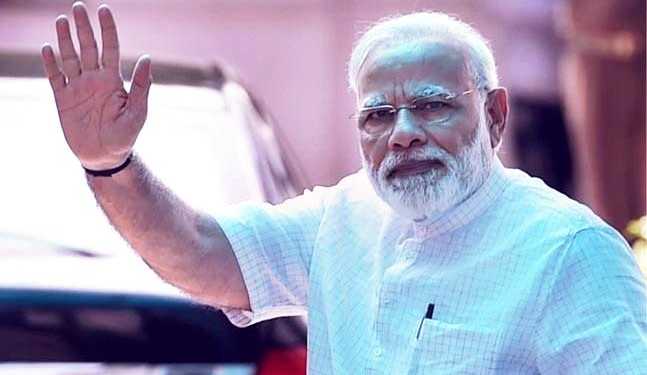Prime Minister Modi’s four years are being celebrated by his government. Equally, they are being denigrated by the opposition. If one looks objectively, there have been some significant achievements made in the last four years. Chief among them are the strong impetus given to infrastructure development in roads, ports, power generation especially from renewable resources. The other accomplishments that should be acknowledged are implementation of Jan Dhan Yojana, Foreign Policy outreach including that towards our immediate neighbors, Goods and Services Tax, Demonetization and its effects on data collection and improvement in tax collection, Bankruptcy Law and the Act East Policy including that towards our own north east. On the reverse side, health and education along with agriculture continue to wallow in corruption and lack of solutions and coherent policies.
In my opinion, his masterstroke, which has been kept muted perhaps intentionally, is the tapping of the Indus River and its tributaries in Jammu and Kashmir for our own use, culminated with the inauguration of the Kishanganga project. This is work that was held back due to the usual implementation paralysis of previous governments. Modi, to his credit, pushed this through and inaugurated the Kishanganga project few days ago. There are more such projects akin to Kishanganga in the offing which will not only provide water and power to Jammu and Kashmir but surrounding states too.
As a strategic decision, it is a brilliant move and it is surprising that the mandarins in New Delhi and Sri Nagar had waited so long to begin implementing it. There is nothing original in it. The plan and projects were already there. What we needed was someone who could push it through with sheer force of will and resourcefulness.
It is perhaps too obvious to anyone with the slightest idea of how Pakistan functions that this single shift in power in our relationship with our neighbor has the potential to alter our relationship with it. Pakistan will not listen to reason. It is a shadow state whose sole purpose is to stand as an anti-thesis to India even if it hurts its own long term interests. But this is the first time that India now holds Pakistan’s jugular since the equalization of nuclear capability on both sides. India must not let go of this singular leverage now and keep building on it.
The approach should be a silent execution of the plan, without much fuss or noise, similar to how Doklam was handled. Pakistan will listen only to a quiet stacking of all cards against it, whether diplomatic or financial or political or social. The ability to disrupt their agriculture and water supplies at will is a brahmastra that should be kept in the arsenal and the enemy should know that it can be used at significant times.
This could be the deterrent India needed against terrorism, against the funding of separatists in Kashmir and Punjab and possibly with the Naxalites and Bengal. Admittedly, this should not be the only point of leverage we develop. Diplomacy and lobbying efforts, building relationships with China and USA and the countries in the Middle East is as critical.
But the most important weapon that India will have is to have its own inner strength as a nation. Without this Shakti, all such measures are tactical at best. India will have to be powerful economically, politically, socially, culturally and spiritually and be a true leader in the comity of nations. It has to be project its force unobtrusively and yet be a friendly neighbor and an important partner to developed and developing countries. It will have to eliminate its own poverty, divisions, corruption and falsehood in its public life and discourses.
If that can be done, the effects of Kishanganga will be felt for decades to come and may be one of the tipping points in the final reconciliation among the two countries as part of one bigger culture and civilization.



























